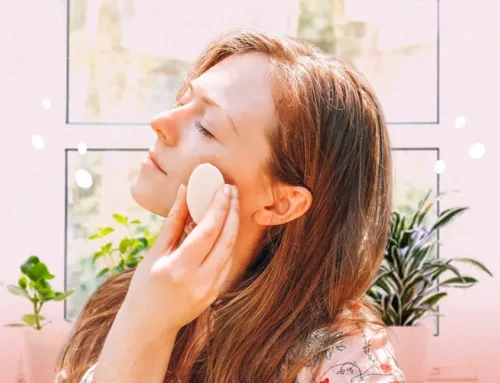Just as our bodies change as we get older, so do our sleeping patterns. According to the National Sleep Foundation, as people age it is harder for them to fall and stay asleep due to changes in their sleep patterns and circadian rhythms. Not to mention, seniors are at a higher risk for sleeping disorders caused by physical and psychiatric illnesses and the medications used to treat them.
Although there are some factors impacting sleep that are out of one’s control, there are ways to help alleviate troubled sleeping patterns. One of which is choosing the best mattress for your life stage.
Dr. Scott Bautch, President of the American Chiropractic Association, says he considers a mattress to be one of the most important healthcare products one can buy. In his 30 years of experience, having seen over 25,000 patients, he says at least 50% of patients have not received guidance on how to choose the best mattress for their body type and sleeping needs.
Although there is no one mattress that will solve every sleep problem seniors face, it is helpful for them to understand what they should be looking for in a mattress.
What Seniors Should Look For in a Mattress
In general, seniors need a mattress that has sufficient support. They’ll want a mattress that provides these four qualities:
- Keeps the spine in alignment.
- Relieves pressure in their joints, especially the shoulders and hips.
- Regulates body temperature.
- Provides sufficient edge support.
Spine Alignment
Spine alignment means how well a mattress keeps your spine resting in its neutral position. A mattress can sometimes ‘hammock’ a person, which creates a pinch point in the lower lumbar spine. This provokes issues of chronic pain. Spine misalignment can lead to a host of other issues such as neck pain, muscle tightness and uneven hips.
Pressure Relief
When shopping for a mattress, you’ll want to pay attention to how much pressure your mattress is putting on your joints. The shoulders, hips and thighs are areas most prone to high pressure.
Temperature
Temperature has a big impact on sleep. That’s because in order to fall and stay asleep, our core body temperature must drop one to two degrees.
While you’re sleeping, you want to make sure your mattress is helping to transfer heat away from your body, not keep it trapped within its layers. Mattresses that offer a cool sleeping surface include: breathable, or aerated, layers that promote airflow, materials that help wick heat away (like wool covers), air channels, or materials designed specifically to react to your body’s temperature, like Celliant.
Edge Support
It’s no secret that falls pose a huge threat to seniors. And you don’t want a mattress to increase your risk of a fall.
With that being said, edge support is what prevents you from rolling off the side of the mattress in the middle of the night. It also what helps you feel safe and secure while sitting on the edge of the bed. A mattress with poor edge support will make it difficult for seniors to climb in and out of bed, as they may experience a “sinking” feeling, especially when trying to get out of bed. Rather, a strong edge will help propel them off the edge.
The Best Mattress Type for Seniors
For many seniors, the best mattress will address their individual sleep challenges. High-density memory and latex foam mattresses that are medium or medium firm are especially good choices for seniors who suffer from:
- Arthritis
- Joint pain
- Back pain
High-density foam mattresses contour the body, gently supporting joints and the spine, and relieve pressure on compression points like heels, hips, and shoulders.
Because lying flat can be uncomfortable for many seniors, especially back sleepers, you may want to consider adjustable beds if you struggle with:
- Poor circulation
- Leg cramps
- Acid reflux
- Sleep apnea and snoring
- Back pain
Raising the top portion of the bed and elevating the feet can take pressure off the back, and improve circulation. An elevated upper body helps to open airways, relieving sleep apnea and minimizing snoring, finally giving older people the solid night’s sleep they need and deserve.
Seniors need and deserve to get the good night’s sleep that a quality mattress can provide. While a mattress can’t solve all of your sleep challenges, a good mattress that suits your needs can give you the best shot at a good night’s sleep possible.
Lisa is a freelance writer from North Carolina. After taking care of her grandmother in her old age, she has become passionate about educating on sleep health in seniors.




